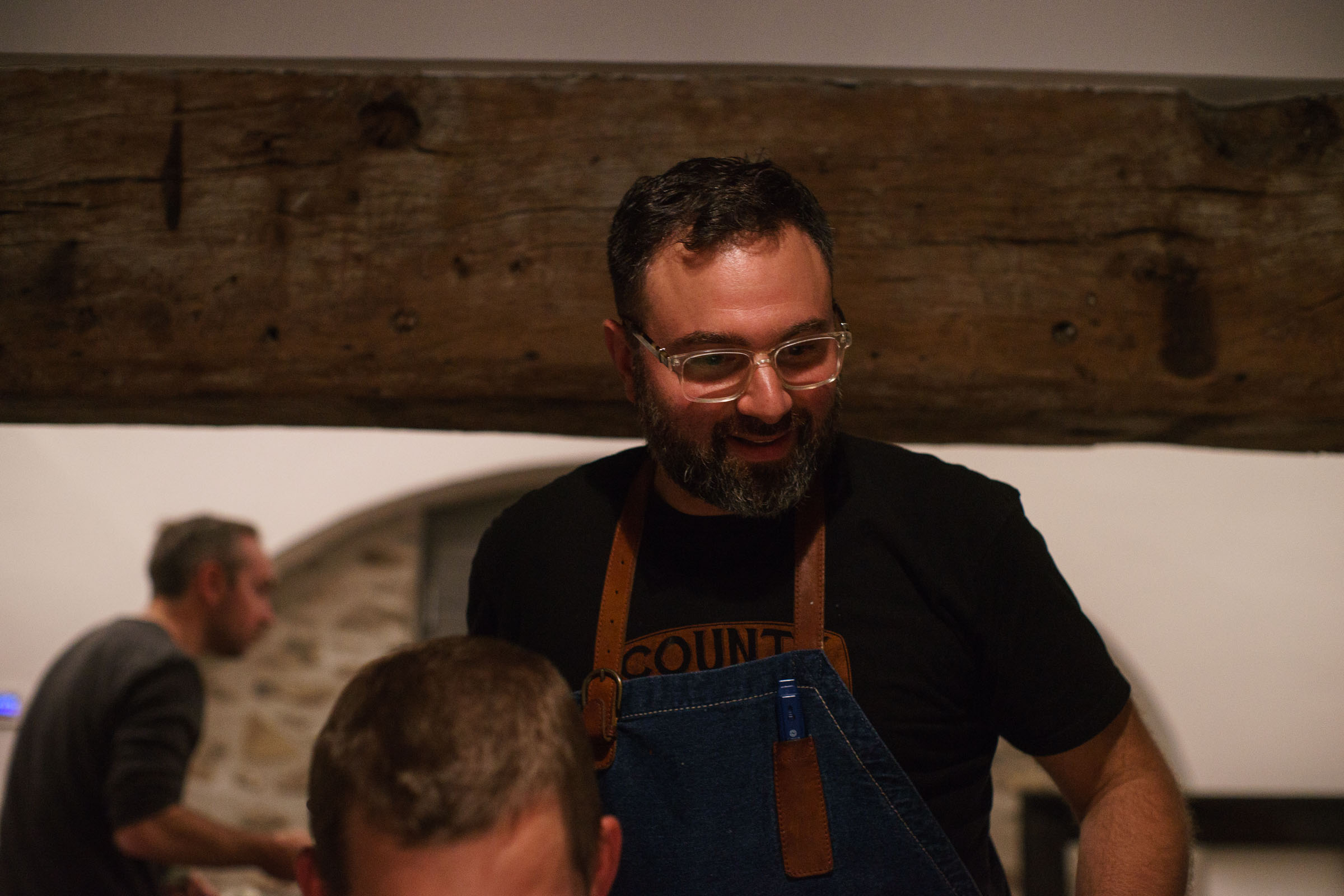"I have to say being a Canadian and being born with parents from a different heritage, I found it a little bit confusing as a chef to discover own my personal "sense of place" or terroir.
I was born shortly after my parents had emigrated from Italy. I grew up eating Italian food, sharing Italian customs, and travelling often to visit Italy. Don’t get me wrong this was great and crucial in my development. But unlike the original inhabitants of this place now called Canada -with a cuisine so deeply connected to the land and its seasonality; or the people from Newfoundland with their rich salt-cod traditions; or the people from Quebec with their original French-Irish cuisine- I was not aware of any of these traditions and customs.
I was not a classically-trained chef. After high school, I went to college for music and after college I started playing bass professionally around Toronto in clubs, restaurants and bars. It was a great time but difficult making ends meet. I started serving tables at a small restaurant, like many artists do.
Something happened. I really enjoyed being in the restaurant and I was introduced to and read the book, Kitchen Confidential which resulted in a desire to try my hand at cooking as well. I started staging and working for free at a well-known wine bar at the time called, Crush Wine Bar. Eventually they hired me and I loved being in the kitchen. I quit playing music all together but I drew many parallels between playing music and cooking in a restaurant: the constant attention to detail; the camaraderie you find in a band; and the honing of your skills. I worked my way through the ranks and met the love of my life, Marlise.
“Why are you sending me these berries from so far away, when I know that not 45 minutes away from here we have local farms that have these wonderful fruits that are in season?” His response was, “Don’t worry about it man, that’s the way things are, local is overrated, just trust me”.
I didn’t trust him at all."
I worked at some great places in Toronto, and some of which may not of been an obvious choice for most chefs. At one point I was even developing a pastry menu for a Thai restaurant.
Shortly after Marlise and I married, I took a position at Le Sélect Bistro, one of Toronto’s most iconic restaurants. I was hired as a sous-chef. That role didn’t last very long as the Head Chef ended up quitting and the position was offered to me.
I realize now that if it wasn’t for my wife’s nudging I may have never taken that position which altered my life’s path and put me on a new culinary route. At the age of 29 I felt like I still had a lot to learn.
My first step in learning was to begin cooking offal and started to delve deep into nose to tail. I began cooking with all types of cuts: bone marrow, tripe, oxtail, cocks combs, sweetbreads, lung, hearts, I wanted to cook all the parts of whole animals. Through my work at the restaurant. I collaborated with James Beard award-winning author, Jennifer McLagan, and we started swapping recipes. Jennifer even included me in one of her books, Odd Bits. It was a very inspiring time, meeting and cooking for people and chefs that I would see on TV or read about in cookbooks.
However, in about 2008 in June or July I started noticing that my berries were still very unripe and coming all the way from California which was more than 4000 km away. I questioned my veg supplier at the time and asked: “Why are you sending me these berries from so far away, when I know that not 45 minutes away from here we have local farms that have these wonderful fruits that are in season?” His response was, “Don’t worry about it man, that’s the way things are, local is overrated, just trust me”.
I didn’t trust him at all.
Lucky for me I discovered there was a new company around at that time called 100Km foods. They actually went to many local farms, bought their fruits and vegetables and would deliver them to restaurants and chefs like myself. They were a huge part of my growth and for many other chefs in Ontario as well; teaching us about seasonality.
A year later our first son, Gabriel, was born. With his birth I was committed to feed his little body really good food: organic or at least pesticide free. After meeting Arlene Stein, the founder of Terroir Symposium, I told her about my new quest and she recommended I join Slow Food Toronto. I took her advice and I met many like-minded people, great chefs, and worked directly with local farmers at events. This helped me to understand more about our local food system and how it actually worked.
I started reading books like Omnivore’s Dilemma by Michael Pollan. This really opened my eyes, I didn’t realize what an impact factory farming had on our society. It actually made me feel quite depressed, like what I was doing was completely insignificant, like I couldn’t really change anything.
"Then, there was the actual taste of the meat, one of the best meats I had ever tasted; a huge difference when raised and slaughtered humanely. I was very inspired. I wanted to bring this experience back to Toronto and share it with other chefs and friends."
Shortly after, our second child Marcello was born and in helping with the actual birth process, I felt re-inspired. It dawned on me that I was working in one of Toronto’s busiest restaurants and by serving food that was organic, sustainable, local, and at the very minimum not factory farmed we could influence a lot of guests and people. The owner, Frederic Geisweiller, and I pledged to do just that. I started keeping bees. Harvesting their honey and serving it at the restaurant.
My interest in heritage breeds of meats began. In particular I was intrigued by one called, Mangalitsa, the so-called "Kobe beef of pork". I started reading about it online and was very curious to try it. Not finding any in Ontario at the time, I had discovered there was a three-day workshop in New Jersey. A workshop where we would slaughter the animals and follow the whole process through from butchery, to cooking and preserving. The workshop was led by master butcher, Christoph Weisner and his wife Isabell: Austrian biodynamic farmers and Mangalitsa breeders.
Those three days changed my life. I learnt more about where food was actually coming from. I learnt about old world butchery also known as seam butchery, I was used to the North American style of butchery that was all done with mechanical blades cutting across bones. Then, there was the actual taste of the meat, one of the best meats I had ever tasted; a huge difference when raised and slaughtered humanely. I was very inspired. I wanted to bring this experience back to Toronto and share it with other chefs and friends.
When I got back home, I started curing tons of meat, salami, and charcuterie. My whole basement was full at this point.
I ended up meeting Rebecca Mackenzie, who started the organization FeastOn. An organization that certifies local restaurants and producers that use a large percentage of local ingredients. I pitched my ideas to her about bringing Pigstock to Toronto and she was totally on board. Together we brought Christoph and Isabell from Austria to teach chefs butchery and learn old-world techniques. Through FeastOn we also learnt there was a Mangalitsa farmer in Ontario who donated a pig for Christoph to work on and giving an opportunity for the local chefs to cook with this meat and taste the food at a dinner that we all collaborated on. At last year’s Pigstock, charcuterie guru, Brian Polcyn, joined us as well and taught us a few things, while we all cooked alongside him at the dinner.
This was a springboard for me into other events such as Cochon555 - the US heritage breed show where I started using the techniques I had learnt from Christoph and Isabell and started fusing them together with my Sardinian and Sicilian roots.
Around the birth of our third daughter, Gemma, I started feeling like I needed a change. I started noticed how my food was changing too. I was becoming more and more ingredient driven and I wanted to understand more where my food was coming from and have greater involvement in the production of the ingredients as well. Just like in the book, The Third Plate by Dan Barber - I too wanted to go beyond the plate.
"I left my job at Le Select after 10 and a half years. My wife and I sold our home and moved to Prince Edward County. We bought some farmland and are building our home now. We are very excited for the future."
My wife and I were increasingly going to and falling in love with Prince Edward County. Prince Edward County is a region in Ontario which was on a prehistoric seabed and is now full of many different microclimates and full of limestone soils. It is also home to many avant-garde winemakers, farmers, and chefs who are really expressing the terroir for what it is. We too wanted to be a part of this community.
As fate should have it I ended up meeting former finance minister of Ontario, Greg Sorbara, and his son-in law, Sol Korngold, who were restoring the historic Royal Hotel in Prince Edward County. They were looking for a chef to both lead the restaurant AND to link the restaurant to his family’s 650 acre farm with full maple syrup production, cattle, organic gardens and heritage varieties of wheat such as red fife and spelt. This was a dream come true for me. We hit it off right away and we agreed we were a perfect fit. I took the position. I left my job at Le Select after 10 and a half years. My wife and I sold our home and moved to Prince Edward County. We bought some farmland and are building our home now. We are very excited for the future.
While we are waiting for the hotel to be built, I am learning more about Canada’s terroir in places like Montreal with its deep original Quebecois cuisine. As well as Newfoundland - learning about the cod industry, the salt cod traditions, and cooking at their unique and wonderful Fogo Island Inn.
I'm also visiting and making connections at places like Stone Barns, home of the ubiquitous farm-to-table restaurant by Dan Barber called Blue Hill - to see how they connect their farm to their restaurant and how we can do the same at our own restaurant.
I’m very excited for the future and the future of The Royal. Where I will be creating a full chef-driven farm-to-table restaurant and I have come to the realization that I do belong in Canada - exploring our region’s ingredients and drawing from my experiences of past and present to create this vision of The Royal.
Once, we open I hope you will join us and discover alongside us as well. Thank you."
As told at Terroir Budapest by Albert Ponzo, The Royal Hotel.
Photos: Sonni Frej Photography






